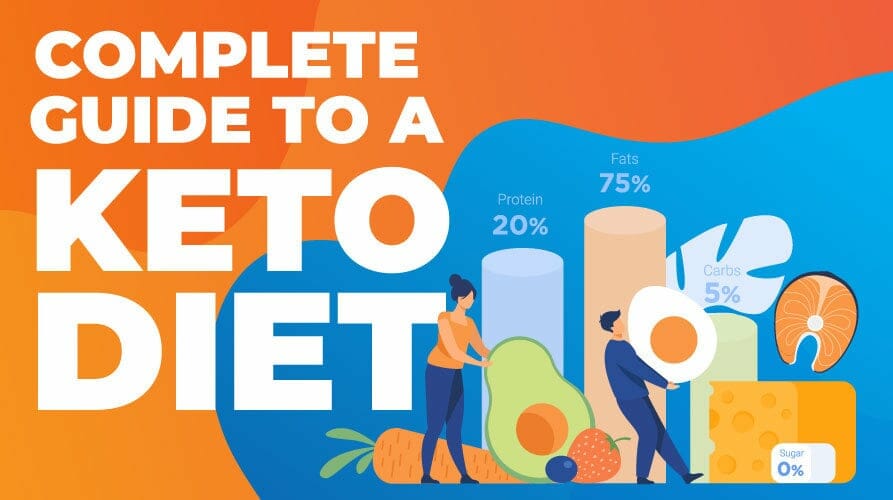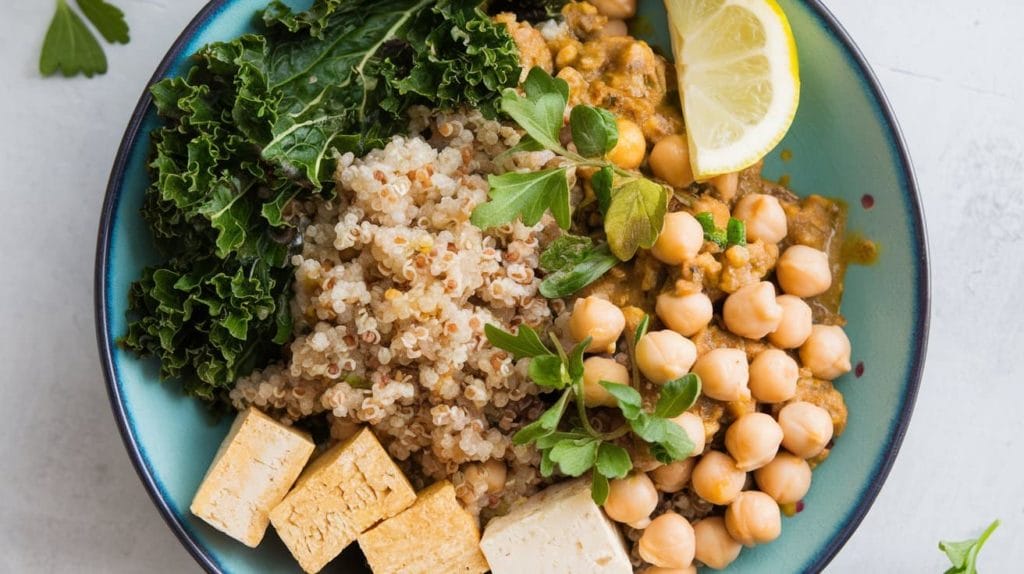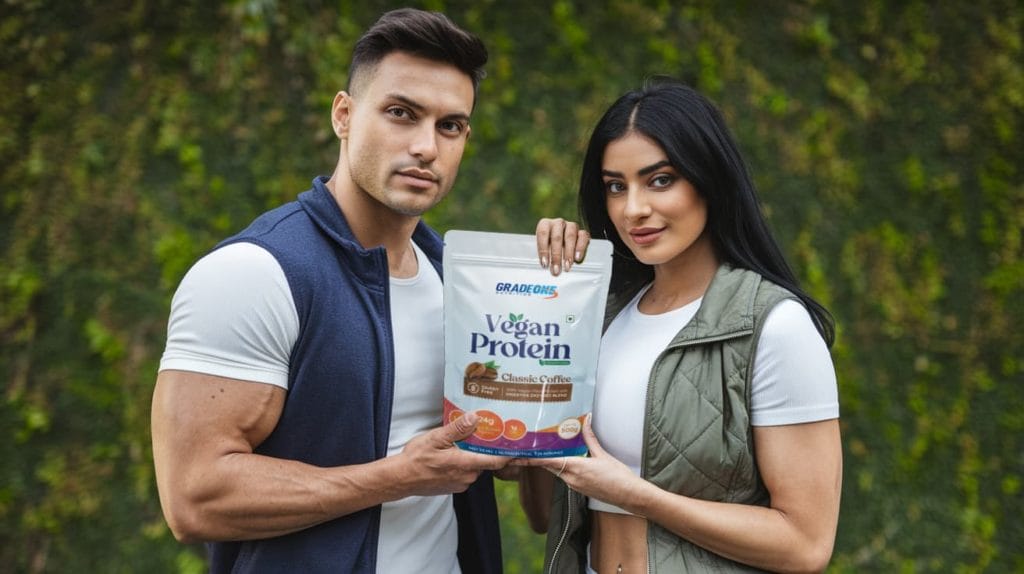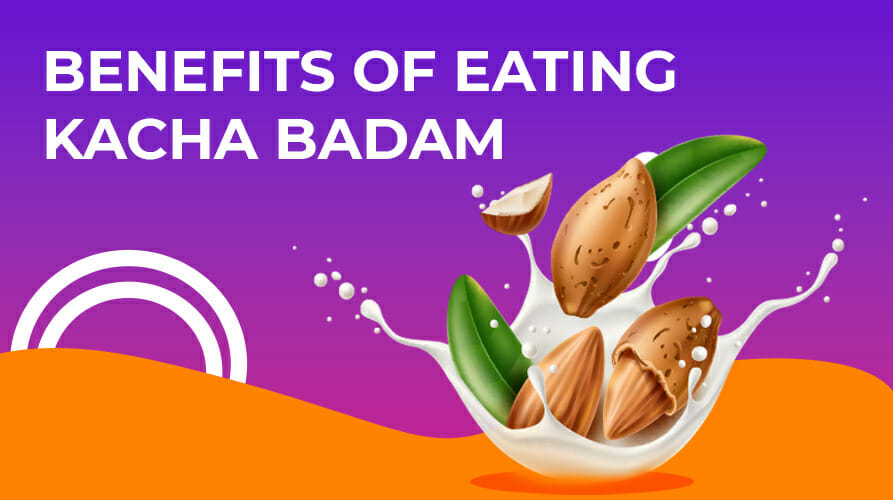What is Keto Diet?
With the world running towards fitness and physique, it is not unusual to hear every second person going on some kind of diet, the most common being Keto. Keto, or Ketogenic, diet is high in fat and very low on carbohydrates. It reduces the intake of carbohydrates and replaces it with an increased intake of fats.
A good and well-monitored keto diet can help you reduce weight as well as improve health conditions by controlling various illnesses. A keto diet is designed such that it keeps your body full and keeps weight under control.
How does a Keto Diet work?
Carbohydrates are the main source of our energy. Carbohydrates present in the food we consume are converted into glucose by our body which is then used for energy. Keto diet works on the principle of starving the body of Carbohydrates.
This condition puts our body in a metabolic state called ketosis which forces the body to burn stored fat as a source of energy. In the liver, it also turns fat into ketones, which can supply energy for the brain. These ketones are used to fuel the body in absence of glucose.
This helps in weight loss and even improves conditions such as epilepsy, diabetes, cancer, and Alzheimer’s disease.
What are the Health Benefits of Keto Diet?
• Weight loss
Keto diet is constructed in such a way that it includes food that makes us feel full which leaves no place for excess hunger. In the absence of carbohydrates, stored fat is burned to produce ketones. This helps in significant weight loss.
• Cancer
Researches have revealed that keto diet is a healthy option to follow for cancer patients undergoing chemotherapy and radiation therapy. This is because it would cause more oxidative stress in cancer cells than in normal cells, causing them to die.
• Heart-related issues
Designing a well thought and researched keto diet plan is important. With the right choice of food, it can be helpful in reducing heart-related issues. It lowers cholesterol levels which in return reduces the chances of heart complications.
• Diabetes
Diabetes is associated with disfunctioning of insulin supply in the body. It is marked by high or low blood sugar levels and improper metabolism. Keto diet helps in losing excess fat which is often associated with type 2 diabetes. It can boost insulin sensitivity and lead to significant health benefits.
Other health benefits of Keto Diet
• Epilepsy – reduces seizures and improves overall health.
• Alzheimer’s disease – slows progression and reduces symptoms
• Brain injuries – improves brain health by healing traumatic brain injuries.
• PCOS (PolyCystic Ovary Syndrome) – it can help reduce insulin levels which plays an important role in controlling PCOS.
• Parkinson’s disease – helps improve symptoms.
Which Keto supplement should you choose?
The market is flourishing with keto products including supplements and pills with each claiming to be most effective. It is important to choose the best keto supplements for your body as per its needs. It is recommended to consult a dietician before opting for these.
They can help you understand your body’s needs which can then help you choose the right keto supplement. People often run for keto pills that claim to be effective in weight loss. To choose the best keto pills for weight loss it is again recommended to consult a doctor or a dietician.
What are the Side effects of Keto Diet and supplements?
While choosing a keto diet, supplement or pill, it is common to have questions like are keto pills safe Or Are there any side effects to keto supplements, or when to take keto pills? Here is the answer to all these questions.
Keto pills are safe to consume if their intake is monitored and controlled. They can have various positive effects on our bodies. But in certain cases, it is observed that keto can have side effects as well and one of the most common ones being “keto-flu”. As the term suggests, it includes flu-like symptoms like fatigue, headache, dizziness, cramps, diarrhea, and in extreme cases heart palpitations.
This happens because our body tries to adjust to the absence of carbohydrates and shifts to burning fat. These symptoms often pass after 2 weeks.
To lower the chances of keto-flu it is often suggested to gradually decrease the intake of carbohydrates instead of stopping it all together. This will give your body a chance to adjust accordingly. Once you feel your body is ready, you can start following the keto diet.
Types of Keto diets
• Standard Ketogenic Diet – this diet plan is designed to contain almost 70% fat, 20% protein, and only 10% carbohydrates.
• Cyclical Ketogenic Diet – This diet plan includes periods of carbohydrate feeds. For example, a person follows Keto diet for 5 days but eats carbohydrates-rich food for 2 days and then again 5 days of Ketogenic Diet.
• Targeted Ketogenic Diet – This diet plan allows the consumer to add carbohydrates as per the workout plan.
• High Protein Ketogenic Diet – almost similar to a standard keto diet, with the exception of increased protein intake. The common composition is – 60% fat, 35% protein, and 5% carbohydrates.
Foods to include in a Keto diet
• Eggs: boiled eggs.
• Meat: red meat, chicken, and turkey
• Nuts and seeds: almonds, walnuts, flaxseeds, pumpkin seeds, chia seeds, etc.
• Healthy oils: extra virgin olive oil, and avocado oil
• Fatty fish: salmon, trout, tuna, and mackerel
• Butter and cream: grass-fed butter and heavy cream
• Cheese: unprocessed cheeses like cheddar, goat, cream, blue, or mozzarella
• Avocados
• Low carb veggies: green veggies, tomatoes, onions, peppers, etc.
Condiments: salt, pepper, herbs, and spices
What should you avoid in a keto diet
• Beans or legumes: peas, kidney beans, lentils, chickpeas, etc.
• Root vegetables and tubers: potatoes, sweet potatoes, carrots, parsnips, etc.
• Sugary foods: soda, fruit juice, smoothies, cake, ice cream, candy, etc.
• Grains or starches: wheat-based products, rice, pasta, cereal, etc.
• Fruit: all fruit, except small portions of berries like strawberries and blueberries.
• Low fat or diet products: low-fat mayonnaise, salad dressings, and condiments
• Some condiments or sauces: barbecue sauce, honey mustard, teriyaki sauce, ketchup, etc.
• Unhealthy fats: processed vegetable oils, mayonnaise, etc.
• Alcohol: beer, wine, liquor, mixed drinks
• Sugar-free diet foods: sugar-free candies, syrups, puddings, sweeteners, desserts, etc.
Keto diet in India
The trend of staying fit and fashionable has been everywhere around the globe. Considering the Indian cuisine, it is not wrong to say that being worried about one’s fitness is needed here. Rich in oils and all kinds of carbohydrates, Indian food can easily help you gain weight. Not knowing what kind of oil to use or how much to use can cause serious cardiovascular diseases.
Keto diet supplements have seen significant growth in the Indian market. From fitness trainers to dieticians everyone is recommending a keto diet plan along with a good workout regime. Fitness enthusiasts all around the country have started adopting this low-carb diet because of its numerous fitness benefits.
Various celebrities and renowned faces of the Indian media are following the keto diet to stay in shape. Be it movie producer/director Karan Johar, stand-up comedian Tanmay Bhatt or the fashion diva Sonam Kapoor, all have started following keto diet plans to appear fit and healthy.
Adnan semi’s drastic weight loss couldn’t have been possible without a good keto diet as well. Arjun Kapoor, Zareen Khan and many more such names are known to follow a strict low carb, keto diet.
Indian foods which are suitable for keto diet
Burji Paneer: When you are on a ketogenic diet, Paneer becomes your companion. According to USDA, 100g of Paneer contains only 3.4g of carbohydrates. Paneer is widely used in Indian vegetarian recipes, and burji is one of the most nutritious and easy-to-use paneer dishes. You can also prepare a dessert and add it to your salad.
Sarso Ka Saag: India is rich in vegetables and most are low in carbohydrates. Mustard can be eaten as saag The raw amount of 100g of sarson only contains only 4.7g of carbohydrates. You can fill the seasons with ghee, improve your diet, add healthy fats, and burn unsaturated fats.
Brinjal Puree: Baingan (or Brinjal) is one of the best and most nutritious low-carb vegetables. Indians like to cook eggplant as balta, a sweet eggplant porridge that is eaten with bread and rice. A 100g serving contains 6g of carbohydrates (according to USDA data). This is lower than the carbohydrate load of many other vegetables.
Paneer and Palak: Palak or spinach is another of these low-carbon superfoods. Provided with a desi twist, paneer with paneer can be very healthy and a perfect fit for a keto diet. Palak contains only 3.6 g per 100 g (USDA-data) of carbohydrates so that your keto meal plans can be perfectly complemented. It is safe to say that the Indian market has been growing rich in keto supplements and pills because of its huge demand.
People have started to realise the Importance of having a proper healthy diet that will not only help in losing weight but so provide various other health benefits. If you’re considering following a keto diet plan or starting supplements, it is recommended to take a dietician’s suggestion in this.




